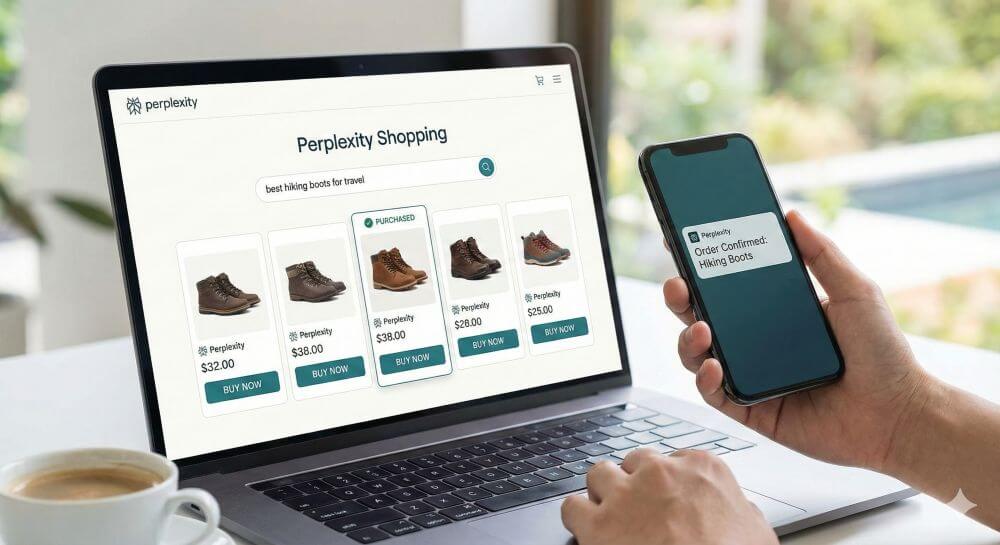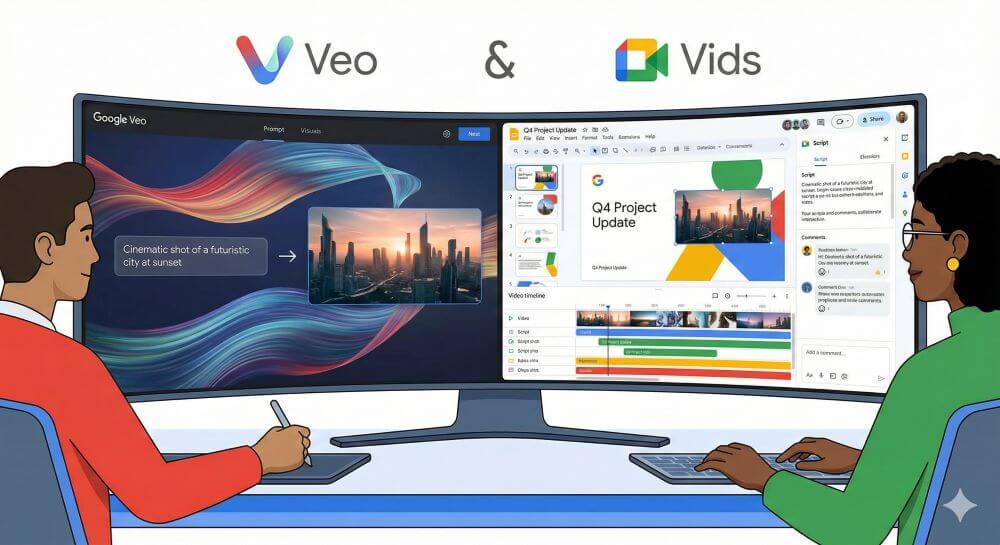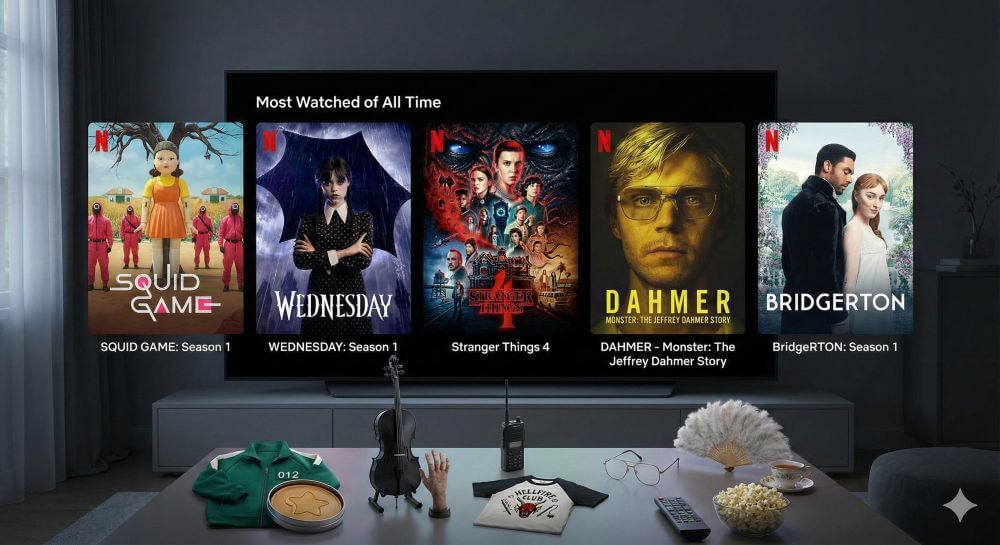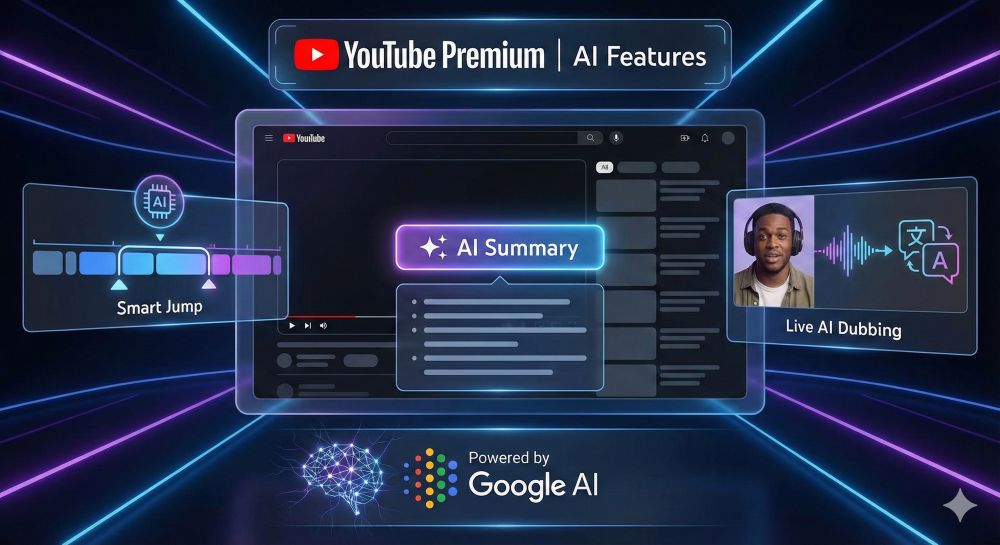Salary negotiation: 5 phrases that can get you up to 15% more
The thought of salary negotiations makes many people nervous. It’s a moment when we have to quantify our own value—a situation often perceived as confrontational or uncomfortable. But the truth is: if you don’t ask, you don’t get.
Demanding a 15% salary increase is ambitious, but by no means unrealistic. It signals that you rate your performance above average and want to take the next step in your career. However, such a significant leap doesn’t work with vague wishes. It requires excellent preparation, perfect timing, and above all: the right choice of words.
Forget phrases like “I think I deserve more” or “Inflation is so high.” True professionals argue based on performance, market value, and responsibility.
Here are the 5 key phrases (and the strategy behind them) that will take your negotiation to the next level and make the 15% mark achievable.

Before the interview: The 90% rule
Before you even utter one of these sentences, you need to have done your homework. The “15% formula” consists of 90% preparation and 10% the actual interview.
- Performance Portfolio (Your “Proof Book”): Keep a success journal for several months. Collect figures, data, and facts.
- Which projects have you completed? (Budget? Time?)
- Where have you saved costs? (How much?)
- Where have you increased revenue? (By what percentage?)
- Where have you optimized processes or improved team performance?
- Market Value Analysis (Your “Price Tag”): What do others in your position, with your experience, in your industry and region earn? Use common salary portals (e.g., StepStone, Kununu, Glassdoor) to determine a realistic salary range. Your 15% request should ideally be in the upper third of this range.
- Timing (The Right Moment): The best time is after a major success, after the completion of an important project, or during the regular annual review – not in passing.
The 5 key phrases for your 15% increase
These phrases aren’t magic formulas, but rather psychological tools. They steer the conversation from a request to a business negotiation about the value of your work.
Sentence 1: The Opening (Facts Instead of Feelings)
You don’t open the conversation with a demand, but with a performance review.
- “I’ve reviewed my development over the past 12 [or 24] months. I successfully implemented Project X, resulting in a cost saving of Y%, and I’ve also taken on responsibility for [Area Z]. Based on this, I’d like to discuss my salary development today.” You immediately establish a professional, fact-based framework. You’re not talking about wishes, but about results and increased responsibility. Your boss is now aware that this is a serious, well-reasoned discussion.
Sentence 2: The Anchor (Mention the Number)
- After outlining your achievements, you must state the number. Whoever mentions the first number sets the “anchor”—a well-known principle in negotiation psychology. The rest of the negotiation will revolve around this number. “Based on my market value analysis for this position and my successes here, I am seeking an annual salary of [your target amount] €.”
Important: State your target amount (which is approximately 15-20% above your current salary) as a specific number, not a percentage. Say “€65,000,” not “15% more.” You state the figure confidently and link it directly to two rational arguments: market value (external) and achievements (internal). This makes the figure harder to ignore.
Sentence 3: The Justification (The Proof of Value)
Often, your supervisor will ask about the “anchor” or question the amount. Now you need to present your homework (the performance portfolio).
- “This salary reflects not only my current performance but also the significantly increased responsibility. When I started, I was responsible for [old task]. Today, I manage [new, complex task] and have demonstrably achieved [result]. The new salary adjusts my compensation to this increased level.” You are demonstrating development. You are not comparing apples to oranges (or yourself to colleagues), but rather your “old self” (and old salary) with your “new self” (and the new responsibilities). You argue that your current salary no longer reflects your current performance.
Sentence 4: The Response (The Strategic Pause)
- The psychologically most important moment. You have stated your figure and your justification. Now, often, an objection arises (“That’s a lot,” “The budget is tight”) or—even more frequently—silence.
Your response at this moment is:
[SILENCE]
Most people cannot tolerate silence in negotiations. They begin to justify themselves, to soften their demands (“…but 10% would also be okay”), or to become nervous. Don’t do this. Remain calm, maintain a friendly expression, and wait for a response. Whoever speaks first often loses. By enduring the silence, you give the other party space to consider your offer and signal that your demand is non-negotiable before a counter-offer is made.
If your boss says directly, “That’s not possible,” use the following question:
- “I understand. Which aspects of my performance or responsibility do you consider insufficient for this adjustment?”
Sentence 5: The Closing (Alternatives or Sticking To It)
- You rarely get an immediate “yes” to a 15% request. If a counteroffer comes along (e.g., 8%), you have to decide. But if you’re completely blocked (“The budget is frozen”), you need a Plan B.
- “I understand the current budget situation. If a salary adjustment of this amount isn’t possible right now, let’s discuss a compromise that acknowledges my increased contribution. Alternatively, what about [more responsibility with a job title adjustment, a higher bonus, additional vacation days, or a training budget]?” You demonstrate that you are a solution-oriented partner, not a stubborn supplicant. They signal flexibility but maintain the pressure that your performance must be recognized. This often opens the door to non-monetary benefits that can be worth thousands of euros, or to a phased plan (“We’ll do 6% now and the remaining 6% in six months”).
Conclusion: Courage is rewarded
A 15% demand makes a statement. It signals that you are a top performer who knows your market value. With data-driven preparation and these psychologically sound phrases, you can transform a dreaded conversation into a professional negotiation on equal footing.
Beliebte Beiträge
From assistant to agent: Microsoft’s Copilot
Copilot is growing up: Microsoft's AI is no longer an assistant, but a proactive agent. With "Vision," it sees your Windows desktop; in M365, it analyzes data as a "Researcher"; and in GitHub, it autonomously corrects code. The biggest update yet.
Never do the same thing again: How to record a macro in Excel
Tired of repetitive tasks in Excel? Learn how to create your first personal "magic button" with the macro recorder. Automate formatting and save hours – no programming required! Click here for easy instructions.
IMAP vs. Local Folders: The secret to your Outlook structure and why it matters
Do you know the difference between IMAP and local folders in Outlook? Incorrect use can lead to data loss! We'll explain simply what belongs where, how to clean up your mailbox, and how to archive emails securely and for the long term.
Der ultimative Effizienz-Boost: Wie Excel, Word und Outlook für Sie zusammenarbeiten
Schluss mit manuellem Kopieren! Lernen Sie, wie Sie Excel-Listen, Word-Vorlagen & Outlook verbinden, um personalisierte Serien-E-Mails automatisch zu versenden. Sparen Sie Zeit, vermeiden Sie Fehler und steigern Sie Ihre Effizienz. Hier geht's zur einfachen Anleitung!
Microsoft 365 Copilot in practice: Your guide to the new everyday work routine
What can Microsoft 365 Copilot really do? 🤖 We'll show you in a practical way how the AI assistant revolutionizes your daily work in Word, Excel & Teams. From a blank page to a finished presentation in minutes! The ultimate practical guide for the new workday. #Copilot #Microsoft365 #AI
Integrate and use ChatGPT in Excel – is that possible?
ChatGPT is more than just a simple chatbot. Learn how it can revolutionize how you work with Excel by translating formulas, creating VBA macros, and even promising future integration with Office.










































